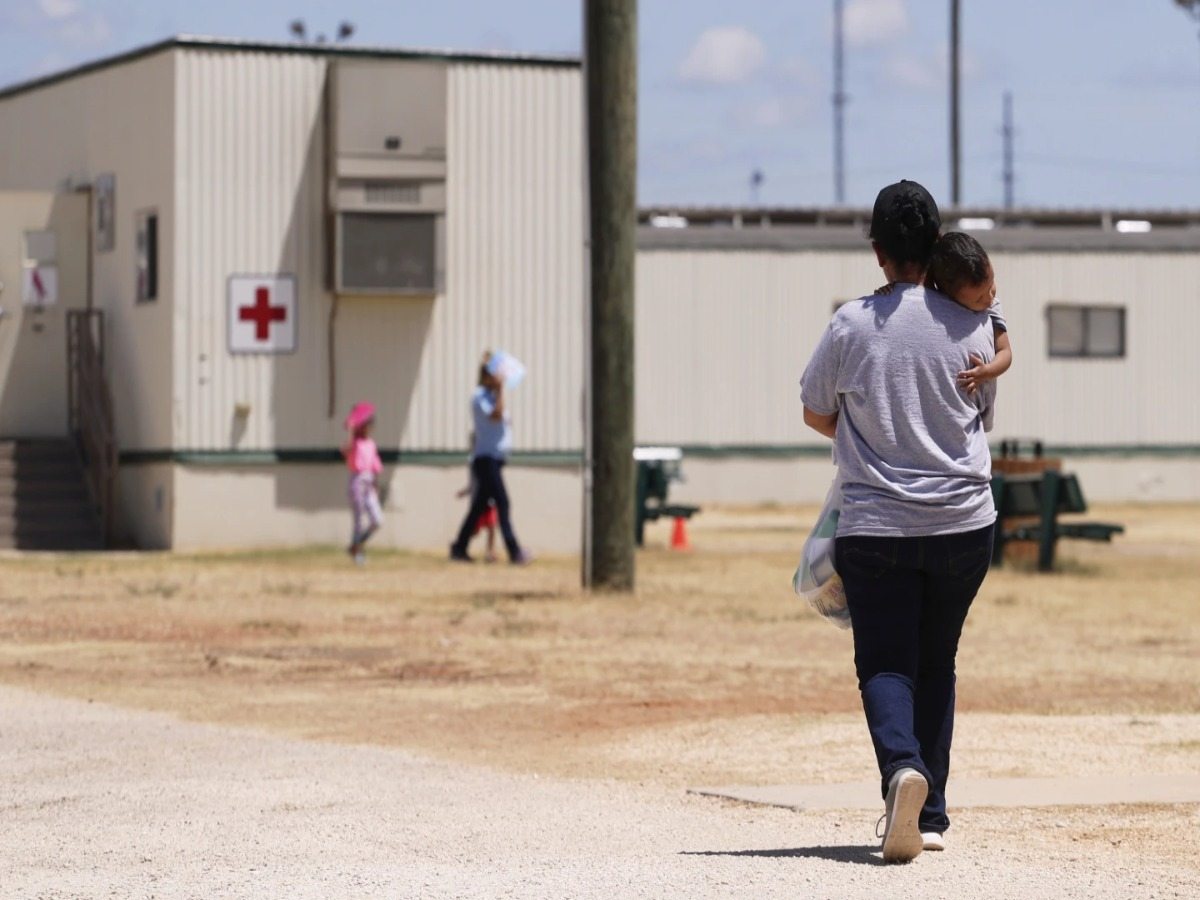Federal attorneys argued in court Friday that a decades-old legal agreement protecting immigrant children in federal custody is obstructing the Trump administration’s broader crackdown on immigration enforcement.
During a hearing in Los Angeles, the administration pressed U.S. District Judge Dolly Gee to dissolve the Flores agreement, a 1997 settlement that limits how long Customs and Border Protection (CBP) can hold minors and requires that they be kept in “safe and sanitary” conditions. Government lawyers maintained that the policy no longer reflects modern detention practices.
Judge Gee, who was appointed by President Barack Obama and oversees compliance with the agreement, did not issue an immediate ruling. Instead, she voiced doubt about the administration’s case, noting that “while border apprehensions have dropped under President Donald Trump, conditions are deteriorating.” She added pointedly, “It seems counterintuitive that should happen unless it’s willful.”
READ ALSO: Trump orders federal police surge in D.C. to ‘make the city safe again’
The Flores settlement originated after more than a decade of litigation over mistreatment of migrant children in the 1980s. It applies to all minors in U.S. immigration custody, whether they arrive alone or with family, and caps CBP detention at 72 hours before transferring children to the Department of Health and Human Services (HHS).
Watch a recent episode of The BreakDown podcast below and subscribe to our channel PanaGenius TV for latest episodes.
Advocates urged the court to keep the protections in place, presenting statements from detained families describing alarming conditions: adults fighting children for clean water, listless toddlers, and one child with swollen feet who was refused a medical exam.
The Trump administration, in written filings, insisted it has “substantially changed” standards since 1997, aligning them with both the agreement and federal law. But in court, a government lawyer conceded that the Flores limits interfere with provisions in Trump’s tax and spending package, which funds billions for new immigration facilities, including expanded family detention centers.
If the court ends the settlement, independent inspections of detention facilities could be halted.
The Biden administration partially scaled back the agreement last year when Gee allowed special court supervision to end once HHS assumes custody of children, except for certain facilities housing minors with acute needs. Yet advocates say violations persist. CBP records from March and April show 213 children were held beyond the 72-hour cap, with 14, some toddlers, confined for more than 20 days in April alone.
READ ALSO: Trump orders colleges to submit admissions data to prove race isn’t a factor
Meanwhile, federal officials are reportedly pursuing more detention capacity, such as a controversial facility in Florida nicknamed “Alligator Alcatraz,” now the subject of a lawsuit alleging constitutional rights violations.










